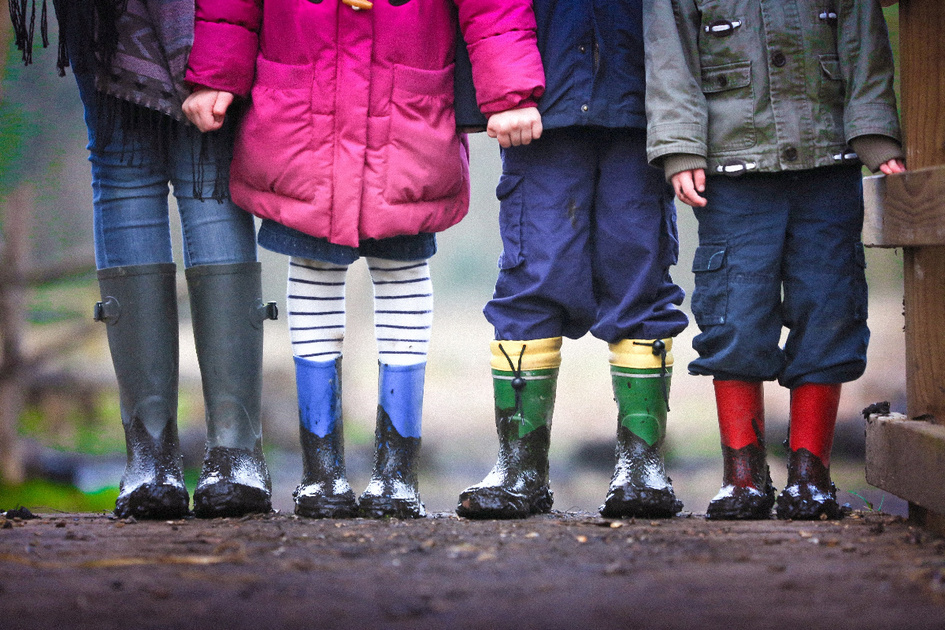
Dear Dr. T.,
I recently heard someone say, “You are only as happy as your unhappiest child” – and that really hit home for me. You see, my daughter just started high school – a big school, in a big city- and she is miserable. So am I.
The work is ok [“It’s school! It’s boring!], the teachers are more-or-less fine -as is the facility itself. The problem is friends. She had lots of friends in elementary school, but somehow high school is different. Her old friends joined new groups – who don’t let just anyone [read: my daughter] join. There are new groups, of course, populated primarily by nerds [she says].
Joining the nerd groups out of desperation is a really bad move because that association will brand you forever – and kill your chances of ever joining the popular groups.
Compounding the dynamics [according to my daughter – dare I believe her?] is the fact that the teachers invariably gravitate to these popular girls. They get all the good jobs, attention, and respect because they have charisma and smarts. They seem to be oblivious to the fact that these popular girls are sometimes also the bullies.
I would like your view on what you think is going on here, and, more important, what we can do about it.
Dr. T.,
I am sorry your daughter [and you] are having such a rough time of it. Though to many an adult this may sound petty and exaggerated, your daughter is truly suffering. The fact that these issues are typical and universal does not make them any less painful. Offices, families, large companies, neighborhoods – all are subject to a caste system when some people are definitely more important than others. Learning to cope with rejection and the pain of being an outsider is a lesson that all but the most privileged few have to learn in order to navigate life.
That being said, feeling unpopular or spurned by their peer group is a much bigger deal for your daughter than an adult because teens are vulnerable and tend to measure their self-worth by the reactions of their classmates. They haven’t learned yet the "universal rejection truth," the basic idea that some people will like us, and some people won't - and that's okay. They are not ready to just focus their energies on the people who appreciate them but will fight to the finish to get into the ‘in’ group.
In terms of helping your teen, it’s probably not a good idea to downplay the importance of popularity at this age—your teen just won't buy it. Instead, help your daughter understand what is happening and why it's not her fault. If, for example, a group of girls give snide looks any time your daughter passes their table, explain to her that they're insecure and are poking fun at others in order to feel better about themselves. Your daughter should pity them for being so closed-minded and immature. When kids are able to understand that this doesn't have to do with their own shortcomings, they may start to feel better.
Parents have an important role in de-emphasizing the social scene in school. Enrolling the daughter in a club where she can meet other girls who share her interests is a good way to help make friends. Encouraging outside friendships- with neighbors, camp friends, or relatives- is another way to help a girl have a social life. And, perhaps most important, helping the daughter see that other ‘unpopular’ girls have a great deal to offer as well is a way to start new friendships.
Though this is a students’ problem and not an adult’s, the adults definitely have a role to play here. The teachers and administration have an impact on the students, and it is for them to set the tone in the school. They need to emphasize in word and deed the importance of every student in the school. They need to talk about fairness and display it in word and deed. Instead of plum positions like student government, production, and yearbook going invariably to the students who have it all- charisma, talent, and smarts- they should go to the average student who may rise to the occasion and could really use a boost. Though schools may be pressured to show off their talent and hence concentrate on the talented few, that is no excuse, but rather a violation of the cardinal principle to put people before things. The girls who are already successful do not need more opportunities to shine, but the girls who are struggling can really use it.
Teachers are human and, especially the younger ones insecure, and attracted to the stars of the class, rather than the quiet, hardworking girls. But, both they and the hanhala need to be careful not to get charmed by the charismatic girls, who in reality, may be wonderful or not very nice. They want to look out for those girls who act one way with peers and another with adults and figure out some strategies for dealing with them. It takes a lot of hard work on the teacher’s part to concentrate on the less exciting but more deserving students. But it is a teacher’s role to help the students and see the dynamics that reward the popular and exclude the rest.
As far as the popular girls themselves are concerned, the key is often just awareness. It’s basically the haves vs. the have-nots: the have-nots always see what the haves have, while the haves just take it for granted. So, some of the popular girls may be simply blissfully oblivious as to what is going on, and either are under the false illusion that they are nice, or don’t realize the scope of their actions, and how it affects other girls. Of course, others of the more popular girls are perfectly lovely in every way, and a school would do well to harness their energy in the service of those less fortunate.
Though I have heard this story many, many times, I am curious what my readers think. So- students and Moms, teachers and principals, take a minute to let us know what you think.
Reprinted with permission from Binah magazine.
 Previous
Previous

